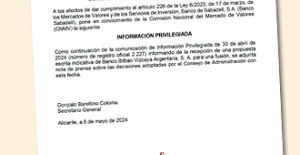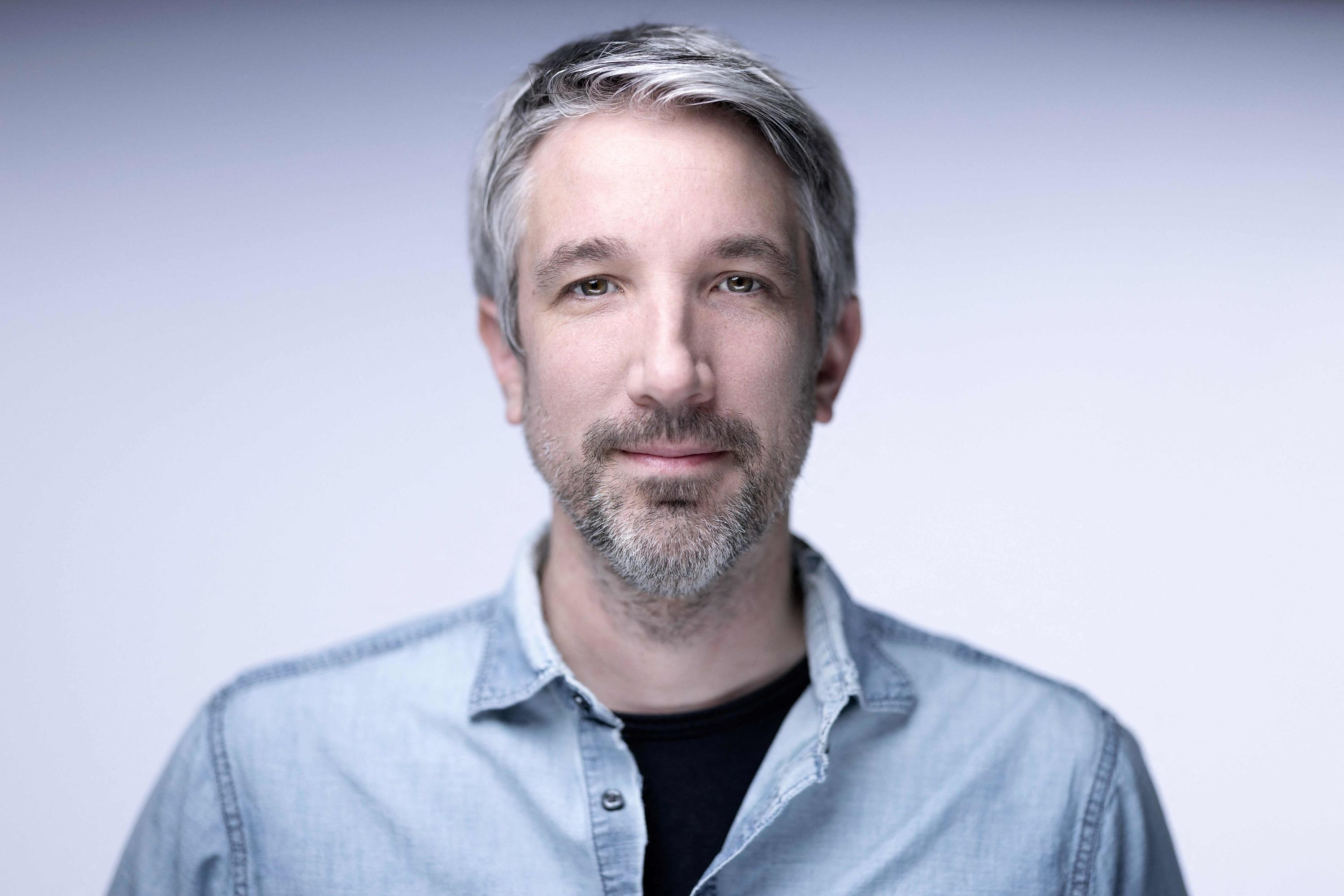That's it, the flu is making a comeback. Influenza viruses have even taken hold since almost all metropolitan regions are now in an epidemic phase, according to the latest report from Public Health France. As every year, vaccination is recommended for health professionals and even more so for people at risk of developing a serious form. This mainly concerns people aged 65 and over, people who are obese or suffering from certain illnesses (chronic respiratory diseases, cardiovascular diseases, diabetes, etc.) and pregnant women. This year, the vaccination campaign started on October 17. With the epidemic already off to a good start, is there still time to get vaccinated? Is the vaccine effective? And why do we have to do it again every year? Answers with two specialists.
Influenza viruses have the particularity of constantly evolving, sometimes with the appearance of genetic mutations. “From the moment a virus infects a person, it will mutate as it multiplies in the body, in particular to escape immune defenses,” explains Vincent Enouf, deputy director of the National Reference Center for Human Viruses. respiratory infections.
This characteristic requires the composition of the vaccine to be adjusted each year to introduce the four most recent viral strains in circulation. So get vaccinated every year.
Especially since the protection conferred by the vaccine only lasts around six months. “From the moment you are vaccinated, the immune system is ready. It will attack and eliminate the virus more quickly,” explains the respiratory virus specialist. Is there still time to do it for this season? “Yes, if it has not yet been done, it is urgent to do so because the epidemic has already started well,” underlines Sylvie van der Werf, professor at the Pasteur Institute in the virology department.
The vaccination campaign is not over, it is possible to be vaccinated until January 31. Knowing that the epidemic has just started, that a fortnight is necessary for protection to be effective and that a flu epidemic generally lasts 6 to 12 weeks, the game is still worth the effort. “But the ideal is to get vaccinated as soon as the doses are available in pharmacies,” insists Vincent Enouf.
Is the vaccine effective this year? “It’s a little early to say, we are only at the start of the epidemic so we don’t yet have a lot of virus to analyze,” replies Sylvie van der Werf. To develop the vaccine, “there are two meetings each year at the World Health Organization (one for the northern hemisphere, the other for the southern hemisphere) where the strains that should be part of the vaccine are decided. the composition of the future vaccine,” continues the specialist. A bet that viruses sometimes manage to foil, which explains the lower effectiveness of the vaccine in certain years. “But even average effectiveness protects serious forms,” Vincent Enouf would like to point out.
And the first data for the 2023-2024 vintage are rather reassuring. “The viruses currently circulating are mainly type A (H1N1), which is consistent with the vaccine,” says Vincent Enouf. Last year, the effectiveness of the vaccine was estimated at 44%. This means that a vaccinated person has halved their risk of developing a serious form, which is no small thing. “We consider that an effectiveness of 50% is very good for an influenza vaccine,” assures the deputy director of the National Reference Center for Respiratory Infection Viruses. As is the case with the Covid-19 vaccine, the flu vaccine does not necessarily prevent you from catching the virus and having symptoms. Its goal is to stop the virus before the infection escalates.
Some people fear the harmful consequences of a succession of anti-Covid and anti-flu vaccines. After all, don’t they say that “it’s the dose that makes the poison”? “Our immune system is constantly stimulated by everything we encounter, vaccines are just another encounter. To date, there are no reported or documented negative effects of these repeated vaccinations,” replies Sylvie van der Werf. “It is the infection which can give rise to the worst consequences, not the vaccination. There is a safe way to protect yourself from it, people at risk would be really wrong not to do so.”

 Sabadell rejects the merger with BBVA and will fight to remain alone
Sabadell rejects the merger with BBVA and will fight to remain alone In Germany, the far left wants to cap the price of “doner kebabs”
In Germany, the far left wants to cap the price of “doner kebabs” Israel-Hamas war: Gaza between hope of truce and fear of Israeli offensive in the South
Israel-Hamas war: Gaza between hope of truce and fear of Israeli offensive in the South “Mom, Dad, please don’t die”: in the United States, a nine-year-old child saves the lives of his parents injured in a tornado
“Mom, Dad, please don’t die”: in the United States, a nine-year-old child saves the lives of his parents injured in a tornado The presence of blood in the urine, a warning sign of bladder cancer
The presence of blood in the urine, a warning sign of bladder cancer A baby whose mother smoked during pregnancy will age more quickly
A baby whose mother smoked during pregnancy will age more quickly The euro zone economy grows in April at its best pace in almost a year but inflationary pressure increases
The euro zone economy grows in April at its best pace in almost a year but inflationary pressure increases Children born thanks to PMA do not have more cancers than others
Children born thanks to PMA do not have more cancers than others “The prices are astronomical”: to enjoy the Olympics with family, Sabrina spent... 8,000 euros
“The prices are astronomical”: to enjoy the Olympics with family, Sabrina spent... 8,000 euros “House of the Dragon”, “Succession”… Max, the new streaming platform from HBO and Discovery, launched in France on June 11
“House of the Dragon”, “Succession”… Max, the new streaming platform from HBO and Discovery, launched in France on June 11 The A13 motorway will finally reopen this Friday, in one direction only
The A13 motorway will finally reopen this Friday, in one direction only TNT commission of inquiry: tensions between LFI deputies and Macronists before the vote on the report
TNT commission of inquiry: tensions between LFI deputies and Macronists before the vote on the report The Gaza War invites itself to the 2024 Pulitzer Prizes
The Gaza War invites itself to the 2024 Pulitzer Prizes Judith Godrèche presents a short film on sexual violence in Cannes
Judith Godrèche presents a short film on sexual violence in Cannes Kevin Spacey: new trial in sight in London for the American actor, for sexual assault
Kevin Spacey: new trial in sight in London for the American actor, for sexual assault Taylor Swift fans make London pub Black Dog their new place of pilgrimage
Taylor Swift fans make London pub Black Dog their new place of pilgrimage Omoda 7, another Chinese car that could be manufactured in Spain
Omoda 7, another Chinese car that could be manufactured in Spain BYD chooses CA Auto Bank as financial partner in Spain
BYD chooses CA Auto Bank as financial partner in Spain Tesla and Baidu sign key agreement to boost development of autonomous driving
Tesla and Baidu sign key agreement to boost development of autonomous driving Skoda Kodiaq 2024: a 'beast' plug-in hybrid SUV
Skoda Kodiaq 2024: a 'beast' plug-in hybrid SUV The home mortgage firm rises 3.8% in February and the average interest moderates to 3.33%
The home mortgage firm rises 3.8% in February and the average interest moderates to 3.33% This is how housing prices have changed in Spain in the last decade
This is how housing prices have changed in Spain in the last decade The home mortgage firm drops 10% in January and interest soars to 3.46%
The home mortgage firm drops 10% in January and interest soars to 3.46% The jewel of the Rocío de Nagüeles urbanization: a dream villa in Marbella
The jewel of the Rocío de Nagüeles urbanization: a dream villa in Marbella Institutions: senators want to restore the accumulation of mandates and put an end to the automatic presence of ex-presidents on the Constitutional Council
Institutions: senators want to restore the accumulation of mandates and put an end to the automatic presence of ex-presidents on the Constitutional Council Europeans: David Lisnard expresses his “essential and vital” support for François-Xavier Bellamy
Europeans: David Lisnard expresses his “essential and vital” support for François-Xavier Bellamy Facing Jordan Bardella, the popularity match turns to Gabriel Attal’s advantage
Facing Jordan Bardella, the popularity match turns to Gabriel Attal’s advantage Europeans: a senior official on the National Rally list
Europeans: a senior official on the National Rally list These French cities that will boycott the World Cup in Qatar
These French cities that will boycott the World Cup in Qatar “The future is for us”: “disappointed” and “proud” at the same time, Al-Khelaïfi sees the glass half full after the elimination of PSG
“The future is for us”: “disappointed” and “proud” at the same time, Al-Khelaïfi sees the glass half full after the elimination of PSG PSG: “Since January, these have not been my best matches,” agrees Zaire-Emery, who promises to “come back stronger”
PSG: “Since January, these have not been my best matches,” agrees Zaire-Emery, who promises to “come back stronger” “What is this question, honestly?” : Nasser Al-Khelaïfi (very) annoyed after PSG-Dortmund
“What is this question, honestly?” : Nasser Al-Khelaïfi (very) annoyed after PSG-Dortmund “I am the guy who has to score the goals”: Mbappé does not hide and assumes responsibility after PSG’s exit
“I am the guy who has to score the goals”: Mbappé does not hide and assumes responsibility after PSG’s exit


















